SUMMARY
This is AI generated summarization, which may have errors. For context, always refer to the full article.
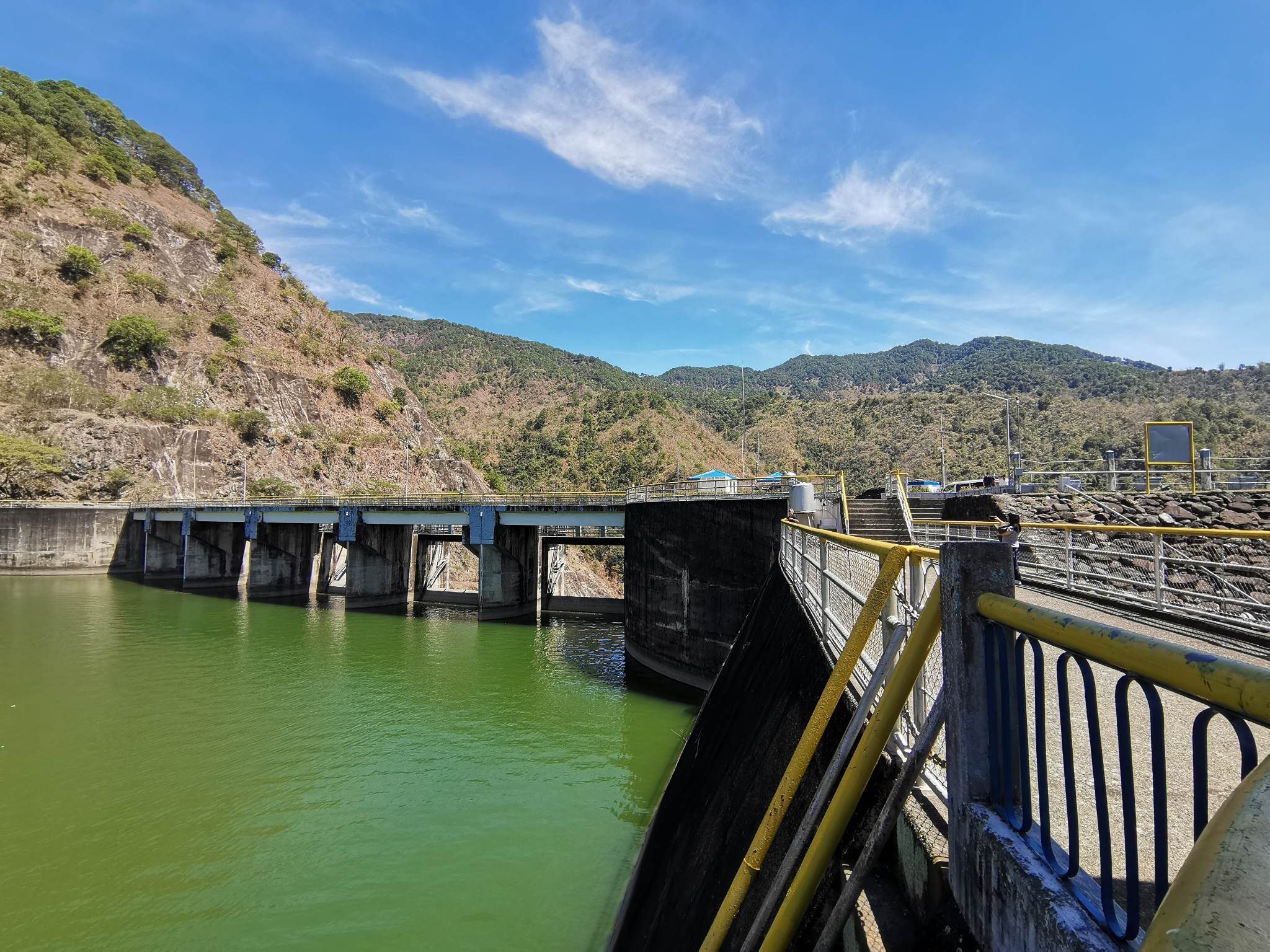
BENGUET, Philippines — Elders of Bokod, Benguet, urged the National Commission on Indigenous Peoples (NCIP) on Tuesday, March 7 not to issue SN Aboitiz Power (SNAP)-Benguet a certification precondition for the continued operation of Binga dam.
In an online interview on March 7, lawyer Erik Donn Ignacio pointed out that only one ancestral domain in the area consented to the project. He reiterated that the company should get the consent of all affected domains.
Bokod elders appointed Ignacio, also the vice mayor of the town bearing their ancestral domain name, as their spokesperson on the issue.
The NCIP Commission en banc issues a certification precondition as proof that a project’s proponent has complied with the process for free, prior and informed consent (FPIC), and received the affected IP community’s nod.
The warning follows the signing of a Memorandum of Agreement (MOA) on February 28 between representatives of the Itogon ancestral domain and SNAP-Benguet for the operation of the Binga dam to proceed.
The MOA was signed despite a protest from Bokod elders.
Norberto Pacio, one of the Itogon Indigenous Peoples’ Organization leaders, explained that the deliberations, which took the whole day, was the last leg of the community validation of the agreement.
But a day before the signing, Ignacio had sent a letter to NCIP asking for the postponement of the signing.
He asserted that the Bakod people should participate in the process and called the activity “highly irregular” and “disrespectful” to them.
The people of Bokod “cannot just be unilaterally excluded” from the MOA, Ignacio stressed, asserting that Binga straddles both Bokod and Itogon ancestral domains.
The negotiation between the company and the communities for the two dams was the result of the show cause order issued by NCIP Cordillera in December 2020.
The office asked SNAP-Benguet why it should not be liable for violating Section 7b of IPRA. The provision says that indigenous peoples “have the right to benefit and share profits from allocation and utilization of their natural resources….”
Bokod excluded
During the February 28 deliberations, the Itogon folk decided to exclude the indigenous people of Bokod, citing their ongoing boundary dispute.
Pacio explained that they respect the claims of Bokod over the disputed boundary. They removed Bokod from the document to avoid confusion, he added.
The Itogon folk, he added, are concerned that Bokod’s inclusion could result in surrendering their claims over the area.
“We cannot stop them (Bokod); it is their right (to demand FPIC) because to their knowledge it (Binga) falls within their domain,” Pacio said.
Ignacio acknowledged that there was an agreement for the Itogon to negotiate for them.
But signing on behalf of Bokod was not part of it, he stressed.
Since Itogon excluded them from the MOA and other documents, the agreement was only between Itogon and SNAP-Benguet – flawed, because it only involved one domain.
Elders of Bokod earlier rejected the bid of SNAP-Benguet to continue operating Ambuklao dam.
In their December 2022 Resolution of Non-Consent, community representatives described as “pitiful and exploitative” the company’s final offer of 3.25 centavos per kilowatt-hour (kWh), inclusive of the existing benefits the communities are currently receiving.
In a January 2023 statement, SNAP-Benguet said they have engaged the community “in good faith and earnest negotiations for additional benefits.”
The company explained that their last offer, which they presented to the community in November last year, “was open for further discussions.”
Not yet final
NCIP-Benguet FPIC team member Rocky Jake Ngalob clarified that the MOA is not yet enforceable.
Under FPIC guidelines, the document still has to undergo “judicious scrutiny” and the signature of the NCIP chair, he said.
NCIP offices, from the regional office, the legal affairs office, and the NCIP Commission en banc (CEB), will still evaluate issues and concerns on the MOA, he added.
According to Ngalob, the end goal is the CEB’s issuance of the Certification Precondition for the company, once it it is proven that indigenous peoples gave their consent for the project.

In a February 28 letter responding to Ignacio’s concern, NCIP-Cordillera Director Atanacio Addog affirmed that Binga dam falls within the two ancestral domains.
He added that Bokod is entitled to a separate and independent negotiation with SNAP-Benguet “unless there is an agreement by both ADs (ancestral domains) authorizing one AD to negotiate for the other.”
In a March 7 email, SNAP-Benguet said they are not aware of the NCIP’s letter to Ignacio.
The company added that the boundary dispute is a matter that Bokod and Itogon should resolve. It also reiterated its openness to negotiate with Bokod for Ambuklao.
SN Aboitiz refurbished Ambuklao and Binga after it took over the facilities in July 2008. They were among the 19 power plants the National Power Corporation privatized after the passage of the Electric Power Industry Reform Act in 2001. The improvements raised the capacity of the dams from 75MW to 105 MW, and 100MW to 140MW respectively. – Rappler.com
Add a comment
How does this make you feel?


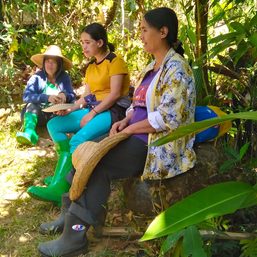
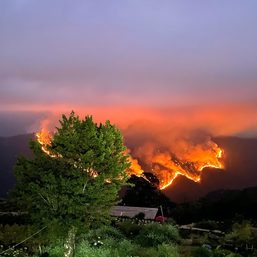

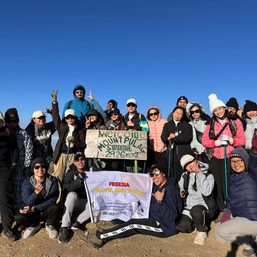

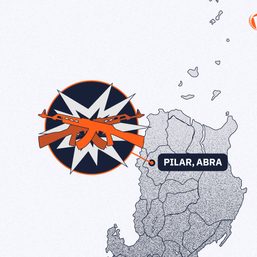


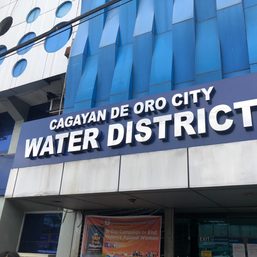
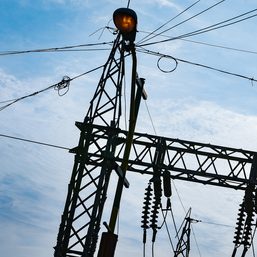
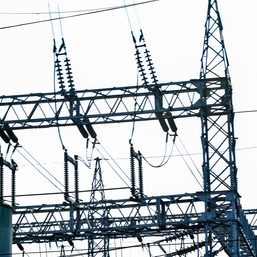
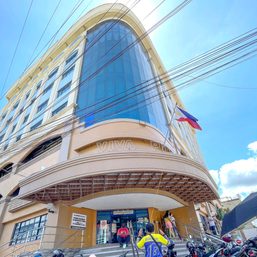
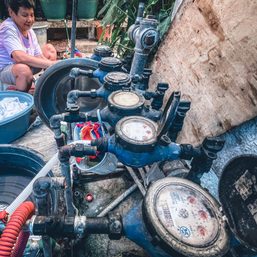
There are no comments yet. Add your comment to start the conversation.